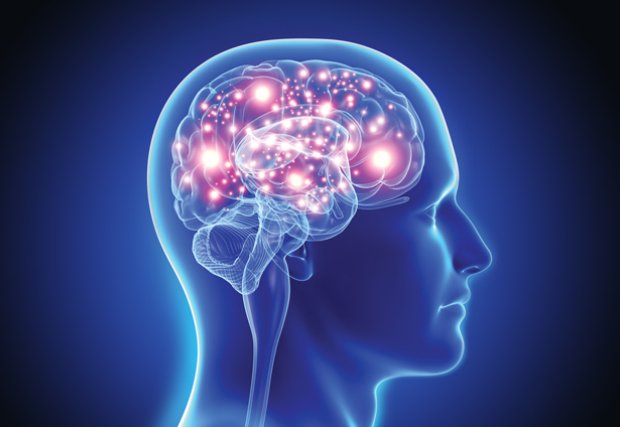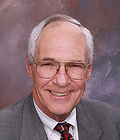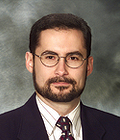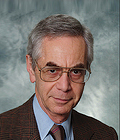The Neuroscience Center at Aiken Regional offers a comprehensive range of diagnosis and treatment modalities to address your concerns, close to home.
Surgical treatment for the brain and spine
Neurosurgeon James Dillon, MD, FAANS, who brings nearly 40 years of surgical experience to his role of Medical Director, says a recent technology upgrade at The Neuroscience Center is helping to better diagnose patients. “Our equipment, similar to a GPS, was recently updated to improve diagnostic accuracy. We now have better clarity and resolution, enabling us to see in greater detail, down to a half millimeter,” he says. “For those needing surgery, either in the brain or spinal cord, we can better define the problem and treatment and make it as minimally invasive as possible.” The equipment can also detect the difference between a tumor and a stroke, which can lead to quicker, more efficient treatment.
Caring for migraines and headaches
According to the American Migraine Foundation, more than 36 million people suffer from this ailment. Neurologist Khaled Kamel, MD, says there are many types of headaches, and when they become chronic and severe, it’s time to investigate further. “We look at brain images and blood work to rule out anything more serious,” says Dr. Kamel. Certain types of headaches respond to specific medications. “Many of our patients have success with medications and learn what triggers their headaches so they can try to avoid them,” says Dr. Kamel. “Migraines can be debilitating, so finding what works is the key.”
Could your memory loss be dementia?
As people age, memory loss can begin, prompting concerns of Alzheimer’s disease or dementia. “If someone presents with short-term memory loss, we try to rule out other issues,” says Dr. Kamel. “There are many conditions that can mimic Alzheimer’s or dementia, so testing helps us narrow down the right treatment.” There currently is no cure for dementia or Alzheimer’s disease, however, there are a few medications that can be tried to keep the patient’s illness from progressing. “Some people notice an improvement with medicine, but for others, it’s simply to help treat the symptoms because there is nothing that can slow down the process,” says Dr. Kamel.
The brain and sleep
Your brain puts you to sleep and wakes you up, explains Neurologist Melvyn Haas, MD, who treats sleep disorders such as narcolepsy, REM sleep behavioral disorder and sleep apnea. “Sleep apnea is very common, and many of the diagnoses fall into the category of obstructive sleep apnea. For those, we refer the patient to a pulmonologist. But central sleep apnea happens when the brain doesn’t send the right messages to the muscles that control breathing, so we send the patient for a sleep study at Aiken Regional,” says Dr. Haas. “Depending on the test results, we can evaluate the best treatment options for the patient.”




